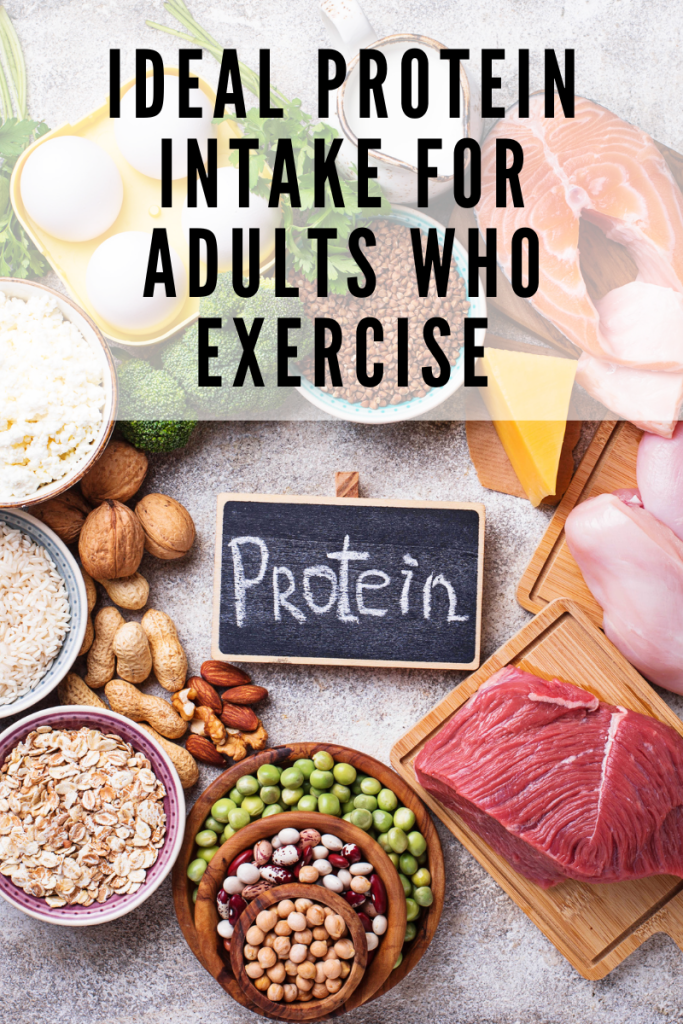Introduction
As we age, our nutritional needs, especially our protein requirements, change. For older adults who maintain an active lifestyle or engage in regular exercise, understanding the ideal protein intake is essential for optimal health, muscle maintenance, and recovery. This post delves into the protein needs of older adults who exercise, highlighting the importance of protein in aging bodies and how to effectively meet these needs.
The Importance of Protein in Adults
Protein plays a critical role in maintaining muscle mass, strength, and recovery, aspects that are particularly crucial for older adults. As we age, our bodies become less efficient at processing protein, which can lead to sarcopenia, the gradual loss of muscle mass. Regular exercise, combined with adequate protein intake, can combat this natural decline.
How Much Protein Do Adults Need?
The general protein recommendation for older adults is higher than that for younger adults. While the standard guideline is 0.8 grams of protein per kilogram of body weight per day, older adults who exercise may benefit from 1.2 to 1.5 grams per kilogram of body weight. This increased amount supports muscle repair, strength, and overall physical function.

Best Sources of Protein for Adults
- Animal-Based Proteins: Chicken, turkey, lean beef, fish, and dairy products are excellent sources.
- Plant-Based Proteins: Beans, lentils, tofu, tempeh, and quinoa for those following a vegetarian or vegan diet.
- Protein Supplements: Whey or plant-based protein powders can be a convenient way to increase intake, especially post-workout.
Protein Timing and Distribution
- Spread Out Intake: Distributing protein intake evenly throughout the day can aid in better absorption and muscle synthesis.
- Post-Exercise: Consuming protein within an hour after exercising maximizes muscle repair and growth.
Combining Protein with Other Nutrients
For optimal health and performance, protein should be part of a balanced diet that includes carbohydrates, fats, vitamins, and minerals. This holistic approach ensures all nutritional needs are met, aiding in overall health and recovery.
Special Considerations for Adults
Older adults need to be mindful of their renal health when increasing protein intake. Consulting with a healthcare provider or a dietitian can provide personalized guidance, ensuring dietary changes are safe and effective.
Conclusion
For older adults who exercise, getting the right amount of high-quality protein is key to maintaining muscle mass, strength, and recovery. A balanced diet with a slightly increased protein intake, along with regular physical activity, can significantly improve quality of life and physical independence in later years. Remember, every individual is different, so it’s important to tailor these guidelines to your personal health and fitness goals.

Recent Comments